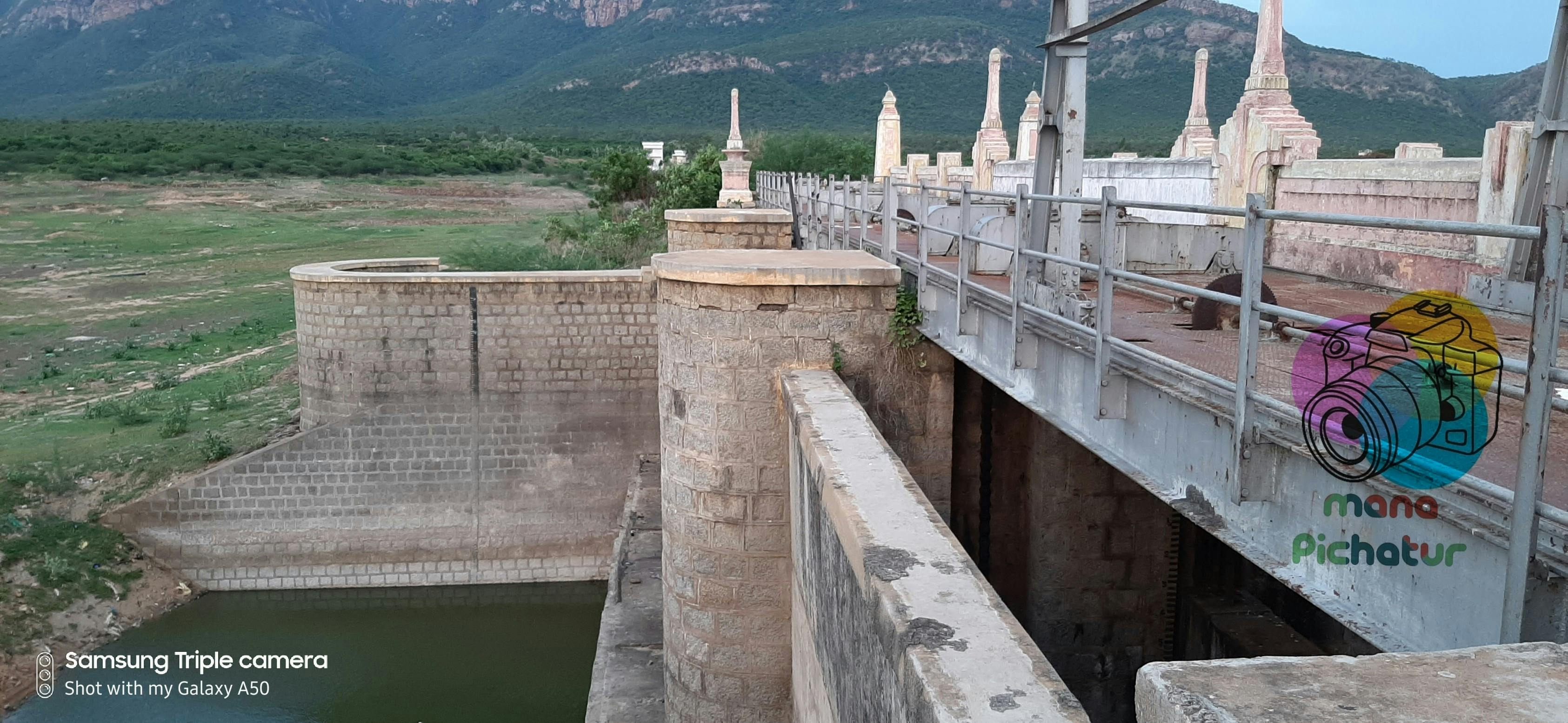Blockchain in Voting Systems: Revolutionizing Democratic Processes with Decentralized Technology
Blockchain
Voting Systems
Decentralized Technology
Digital Democracy
Cybersecurity
Blockchain in Voting Systems: Transforming Democratic Engagement## The Evolution of Voting TechnologyThe intersection of blockchain technology and democratic processes represents a groundbreaking approach to reimagining electoral systems. Traditional voting mechanisms have long struggled with challenges of transparency, security, and accessibility. Blockchain offers a revolutionary solution that addresses these fundamental concerns by providing an immutable, transparent, and secure method of recording and verifying votes.## Key Technological Advantages of Blockchain VotingBlockchain voting systems leverage distributed ledger technology to create an unprecedented level of electoral integrity. The decentralized nature of blockchain ensures that no single entity can manipulate voting records, providing a tamper-proof mechanism for recording and verifying electoral choices. Each vote becomes a cryptographically secured transaction, making large-scale voter fraud exponentially more difficult.### Global Blockchain Voting Protocols and Initiatives#### Top Blockchain Voting Platforms in 2024| Platform | Jurisdiction | Key Features | Development Stage ||----------|--------------|--------------|-------------------|| Voatz | United States | Mobile voting, Biometric authentication | Production || Follow My Vote | Canada | Open-source blockchain voting | Prototype || Polys | Switzerland | Secure online voting system | Advanced Development || Agora | Global | Cryptographic vote verification | International Deployment |## Legal and Regulatory LandscapeThe legal framework surrounding blockchain voting systems varies significantly across different jurisdictions. Countries like Switzerland and Liechtenstein have been at the forefront of creating progressive regulatory environments that support innovative voting technologies. The United States and British Virgin Islands are gradually developing more comprehensive guidelines for blockchain-based electoral systems.### Technical Security ConsiderationsBlockchain voting systems implement multiple layers of cryptographic security to prevent potential vulnerabilities. Advanced encryption protocols, multi-factor authentication, and distributed consensus mechanisms ensure the integrity of each vote. The technology provides end-to-end verifiability, allowing individual voters to confirm their vote was recorded correctly while maintaining anonymity.## Market Analysis and Future ProjectionsRecent market research indicates significant growth in blockchain voting technologies. According to a 2024 report by Global Market Insights, the blockchain voting market is projected to exceed $500 million by 2027, with a compound annual growth rate of 35.2%. This exponential growth reflects increasing global interest in more transparent and secure voting mechanisms.### Challenges and Implementation ConsiderationsDespite its potential, blockchain voting faces several critical challenges. Technical complexity, digital literacy barriers, and concerns about cybersecurity continue to be significant obstacles. Successful implementation requires comprehensive education, robust infrastructure, and careful design of user-friendly interfaces.## RWA.codes: Advancing Blockchain Voting SolutionsOur team at RWA.codes specializes in developing cutting-edge blockchain solutions for complex democratic technologies. We offer comprehensive consulting and development services that address the intricate technical and legal challenges of implementing blockchain voting systems. Our expertise spans technical architecture, security protocol design, and navigating complex regulatory landscapes across multiple jurisdictions.Our specialized services include:- Blockchain voting system architecture design- Cryptographic security protocol development- Regulatory compliance consulting- User experience optimization for voting platforms- Comprehensive security auditing and testingThe future of democratic engagement lies in innovative technologies that enhance transparency, security, and accessibility. Blockchain voting represents a transformative approach to reimagining how we participate in democratic processes.

